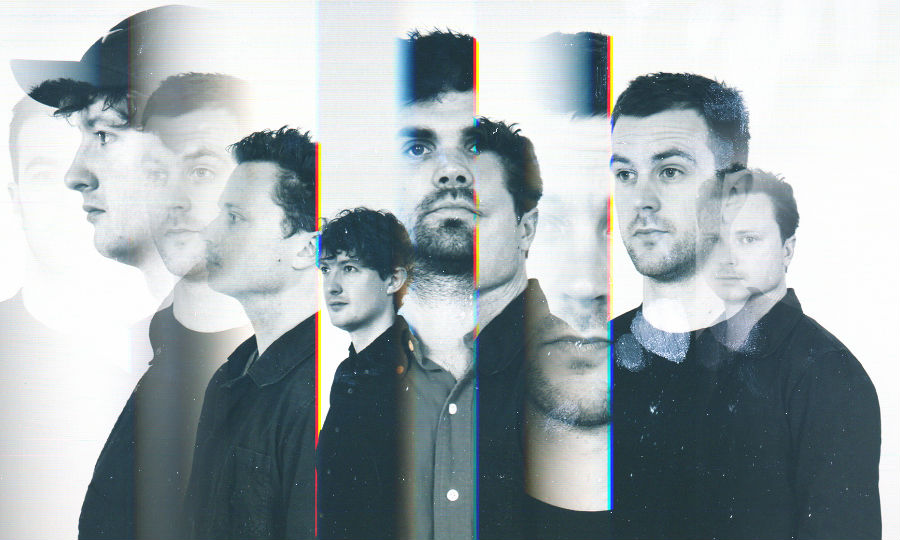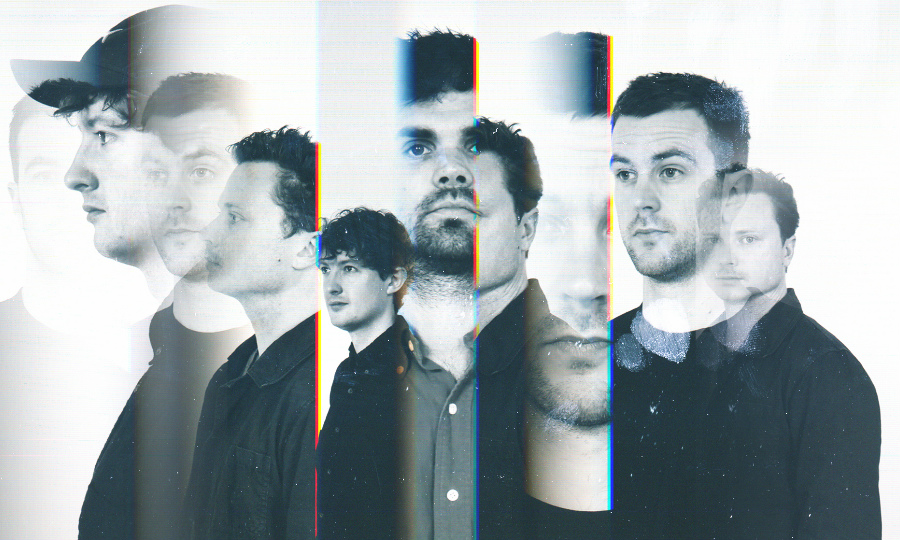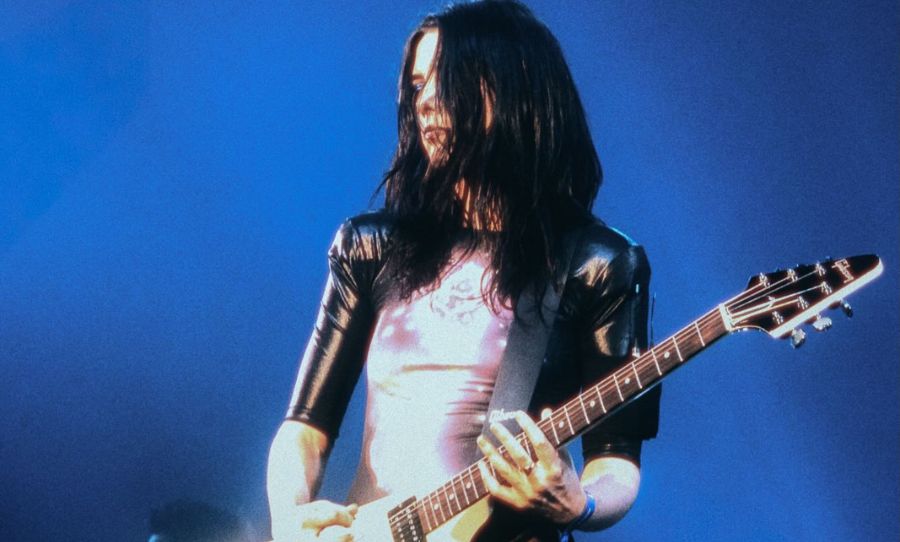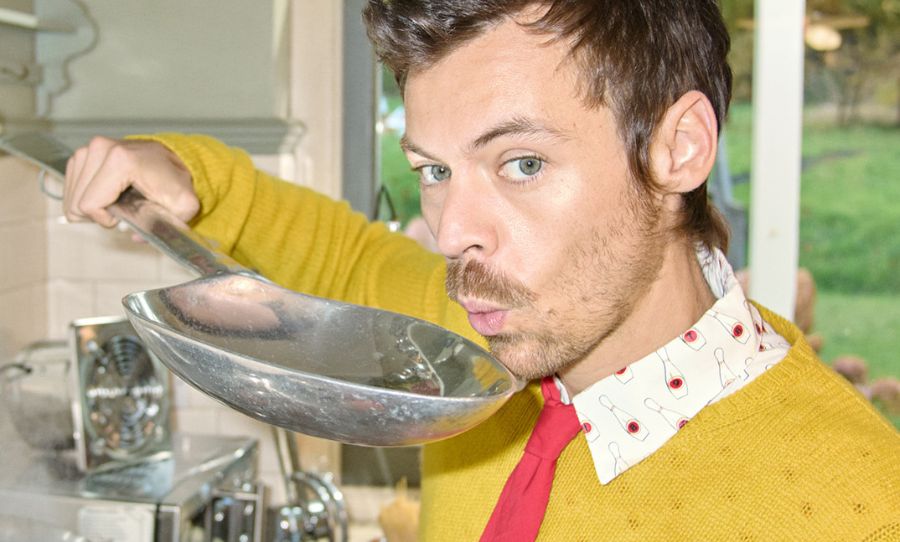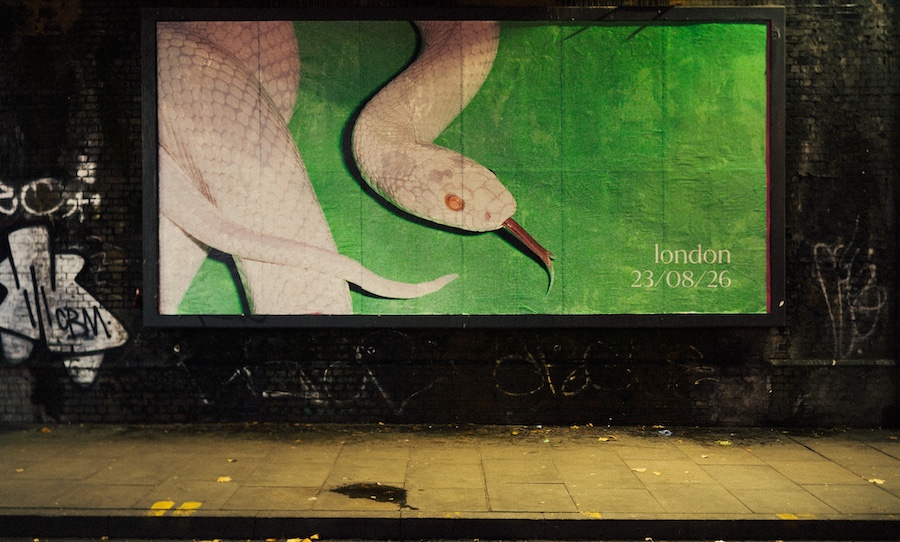Progressive London outfit Portico Quartet dropped their magnificent fifth album Memory Streams a few weeks back. It’s a cohesive, journey to the edge of ambient jazz without dropping into the void of fusion.
The quartet have honed their craft over the past 10 years to refine a sound that is impressionistic, indelible and ultimately, a sound that is very hard to pin down.
Portico Quartet are now riding the crest of a new wave of jazz that is sweeping through London and lapping at the shores of the world. We caught up with saxophonist Jack Wylie to dig to the heart of their sound, the jazz renaissance and musical cycles.
We caught up with Portico Quartet ahead of their latest album Memory Streams to delve into sonic identity and the birth of an instrument.
HAPPY: Hey Jack! Congratulations on releasing your fifth studio album! How does it feel?
JACK: Thanks man! It’s very exciting
HAPPY: Memory Streams feels to me like a confluence of Yussef Dayes and Sigur Ros. How has your sound developed to encompass so much modern ambience with traditional jazz?
JACK: It came out more from an interest in improvisation and playing in groups as a jam band. American minimalism was also a very big influence on us, we were quite into Steve Reich and Philip Glass and then some jazz was there when we started but that was 10 years ago now. There was an interest in that space in between with bands like Cinematic Orchestra and groups like that, who lingered on the boundary of jazz. These groups would perhaps be understood in the realms of spiritual jazz. So that’s where it started and as we developed we became more interested in electronic and ambient music. So there’s definitely a lot of focus on texture and space more than anything to do with jazz or virtuosity.
HAPPY: Absolutely, when you start listening to Memory Streams you’re instantly submerged in this sound world and you’re just in it and there’s just nothing. How important is cohesion when you write albums and does it all come about in one short burst?
JACK: Yeah we wrote this over four months I think then spent two months in the studio recording it. think we had 10 focus days in the studio and then another week or two mixing it and doing overdubs. Me and Duncan wrote the bulk of it over four months just sharing ideas and experimenting.
HAPPY: While Memory Streams links back as far as your first album, Knee Deep In The North Sea, it feels like a record immersed wholly in the new. How important is it to you guys to remain progressive and cutting edge or is that something that comes naturally?
JACK: I dunno I think it’s funny. If you asked me three or four years ago I would probably say that it’s my main priority to be new and exciting. But on this record I find it quite interesting to look at our work as a whole and dive into the identity of the group. So it’s not necessarily all new and fresh but it’s been 12 years now and there’s a load of stuff that comes out of that which is quite interesting to explore. It’s definitely referencing the past but it’s dipped in a more modern context to procure this element, which feels more modern and exciting. We have performed it, wrote it, and recorded it using more modern tools so there’s definitely strong elements of the new there.
HAPPY: Well I guess for the average listener it might sound extremely progressive but for you guys it might just be normal.
JACK: Yeah, well I think the band has definitely had an individual identity to it. We never really sat comfortably anywhere even since the very start. I think for most people it doesn’t really sound like anything else. It doesn’t really fit very comfortably in any scene.
HAPPY: The ‘hang’ drum features heavily in your music and indeed has become synonymous with Portico Quartet. How did this relatively niche instruments become so prominent for you?
JACK: Well we first got the hang drum in 2007. Duncan and Nick found them at a festival and they had only been invented in 2001 so they had only existed for six years at that point. So it still sounds very young, 18 years is extremely young for the life of an instrument. So because it doesn’t have this history it doesn’t really sound attached to anything so you can fit the music in an idiosyncratic context. If you hear a saxophone it has all this past and connotations attached to it. Even synthesisers have connotations but the hang drum doesn’t. I think that has gone a long way to giving our sound it’s identity and is one of the most important things about making good original music. As soon as you hear it it’s distinctive and you know instantly who it is.
HAPPY: Yeah because it’s such a new sound it can also mean so many different things to different people.
JACK: But then it always draws it back to the band. There are definitely other groups that use it but if you hear a hang with a double bass and a sax you know its Portico Quartet. But you’re definitely right I think because it doesn’t have any connotations people can project their own colours onto it.
HAPPY: I actually thought it was an Asian instrument before I researched that it was invented in Switzerland.
JACK: It definitely has that gamelan and Indonesian feel to it. In fact the people that invented it wanted to blend gamelan with some Indian percussion instruments. It does definitely reference these ancient instruments but it’s definitely got this new context. It definitely doesn’t sound Swiss.
HAPPY: There seems to be a burgeoning Jazz scene in London, and recent years have especially seen resurgence in young jazz listeners. Why is that?
JACK: I think it’s all about the cycles that music go in. Every 10 years or so you have this wave of UK Jazz but this time it’s got a bit more staying power I think. Compared to when we first started there was definitely a little wave but this time it feels younger and much more exciting. It’s more racially diverse and it feels much more progressive. I think there’s a lot more there now to push to through for longer. I think it will eventually tailor off a bit, peoples interests and tastes change. But I think it’s really great. There was a big wave of electronic, bedroom producer stuff in London but now I think there’s a particular interest in going to see a band and a body of musicians play live in a way that bedroom producers could never really offer. I think people are really drawn to that and it’s an amazing scene to go and see.
HAPPY: Do you think real musicians playing real instruments is becoming cool again.
JACK: I think there is something about that yeah, especially after this wave of electronic music. I’ve been seeing lots of musicians and crowds interact and it feels quite special.
HAPPY: What is the chemistry like in a live setting? Are there any telekinetic powers involved?
JACK: Our live set is a mixture. There’s a bit of improvisation but it’s more about trying to get this really tight group dynamic like taking a machine on tour. You go in and set it up and then you have these people operating it. It’s kind of like this machine that comes to life. It’s really fun paying music like that. When you’re super tight and all the parts are really locked it’ a great feeling. I really like the feeling of honing a set over the course of a tour and everything just gets better and better and tighter so that you’re just working as one unit. Plus having that interaction with your audience as well when they become part of the process is a great feeling.
HAPPY: What’s next for Portico Quartet?
JACK: We have this European tour coming up and then another tour in the Spring and after that we will probably start writing a new album. I guess in the Summer and try to record it in January next year and the cycle of touring albums continues.
HAPPY: Awesome cheers for the chat. I absolutely love the new album; it’s magnificent.
JACK: Wicked, thank you so much! It’s been great chatting to you Luke.
